Why the Mitsubishi 380 failed in Australia
What went wrong with Mitsubishi Australia's all-in wager

Photo by car_spots_aus
The Mitsubishi 380, built from 2005 to 2008 was Mitsubishi Motors Australia's (Ltd) last stab at a locally produced Australian car. It was seen as a make or break for MMAL, after struggling sales of its predecessor, the Magna. Unfortunately, a $600 million development budget, a generous warranty and price discounts were not enough to make the sales move in large enough volumes and Mitsubishi Australia closed its factory in 2008 after almost 30 years of local manufacturing (more if you count the Chrysler years, but that's another story).
Here's my opinion about why exactly the 380 failed to capture the imagination of the Australian market and sell in significant numbers.
The '380' name
Since 1985 Mitsubishi's flagship car in Australia was the Magna (Diamante in some countries). The 380 was indeed a continuation of the Magna - a locally produced 4 door family sedan - so why change the name? One reason was to distance the new car from the slow selling, older Magna. MMAL apparently did a lot of polling with over 200 potential names and 380 came out on top.
The name '380' allegedly came about due to the 3.8lt V6, though I've heard some say it was chosen for its proximity to the Ferrari 380 Modena. I think the name was a mistake.
This was a family car, meant to compete with the Commodore, Falcon, Aurion and Camry. 380 sounds like a small European car, or an American cubic inch engine displacement. It sounds cold and scientific, not something warm and familiar that you'd trust your family with. Australia never had a history with naming vehicles numerically, and while that system may have worked for the Germans and French the three numbers would mean nothing to the average Aussie.
Mitsubishi should have chosen from their already established backlog of names - Verada, Galant or even Sigma, for example, could've all worked.
The styling
The 380 borrowed styling heavily from the North American Galant. The Galant was a considered a entry level car, often coming equiped with 4 cylinder engines and so the styling it's self reflected that of a smaller, more economy-minded car.
The issue with the 380 was that it was to compete with larger locally made Australia cars and their more aggressive styling notes. Whilst the 380 has a look of almost innocence and joviality, its competitors wore angry, assertive features as was the style at the time. You only need to look at the radical changes between the Ford Falcon AU and it's successor the BA to see how important styling is to the market.
As for the interior, it was acres of grey and black plastic. It was functional, just not memorable.
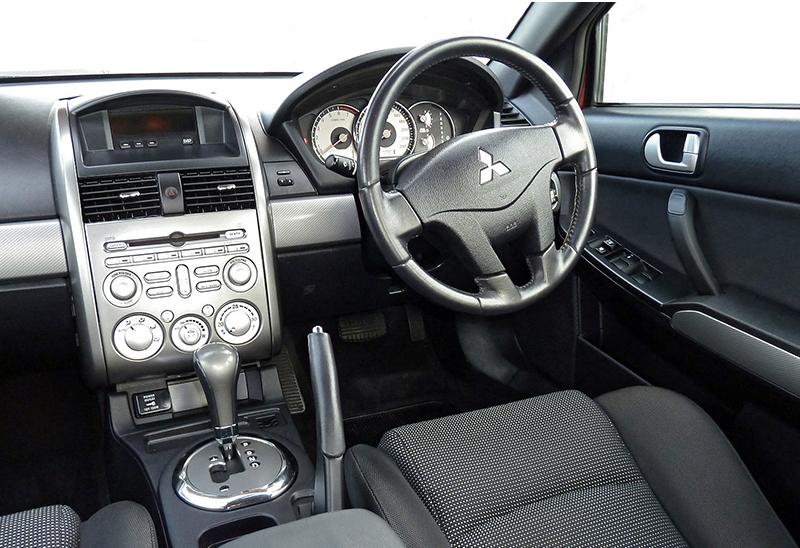
Photo by Bidgee
The Magna stigma
Even before it went on sale the 380 was piled with expectation. Mitsubishi Magna sales were dropping and the 380 was seen as a last-ditch-effort to save local Mitsubishi production. Whilst Aussie's do love an underdog, opinions do change when you're dropping $30,000 on a new car, even if MMAL was offering competitive warranties.
Yet another factor re-enforcing the "make or break" feeling was the advertising campaign featuring then MMAL CEO Tom Phillips, which felt almost like he was attempting to reason with potential customers. It's only my opinion, but perhaps it's not a good look when a company must resort to pulling in the CEO to pitch to customers. It reeked a little of desperation.
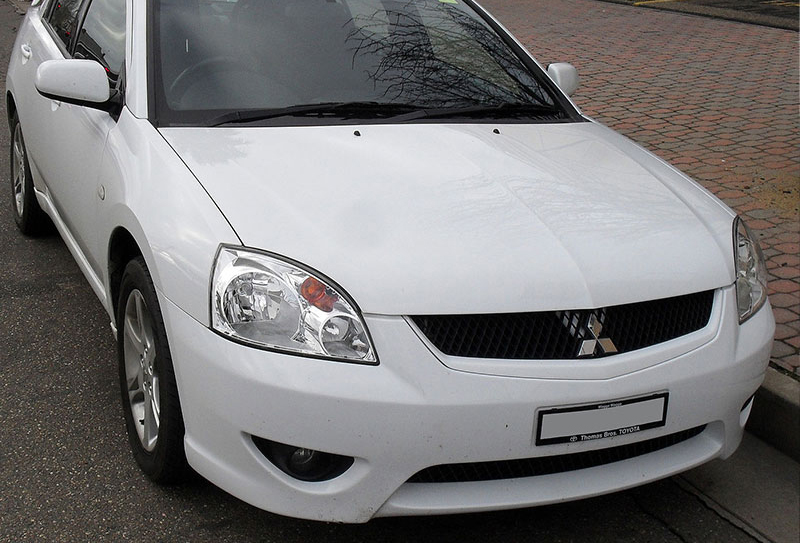
Photo by OSX
A pretty decent car
For the price and considerable warranty the car was actually pretty good. Performance-wise it was on par with the Aurion, Commodore and Falcon, though it was front-wheel-drive, not that that really matters. The autoboxes were one gear better than the Holden and Ford offerings, with a 5 speed. Options and safety features were also greater than most of it's rivals.
So what as the problem? Well, the 380 wasn't a "driver's car" with a Bathurst history and rear-wheel-drive like the Falcon and Commodore. It wasn't a "step up the ladder" like the semi-luxurious Aurion. And it wasn't established enough to pull cautious new car buyers away from the Camry.
And therein lies the problem. Despite it being a decent machine, there was just no space for it in the market.

Tips for cycling Seoul to Busan on the 4 Rivers Bike Trail
Tips for bicycling across Korea for first time bike-packers.
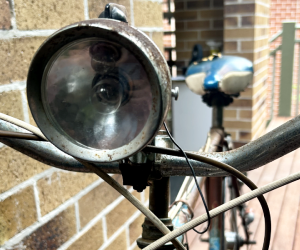
1973 Tom Wallace Special - the Brisbane made bicycle
A 1973 Tom Wallace Special: The road bike from the all but forgotten Queensland bicycle manufacturer.
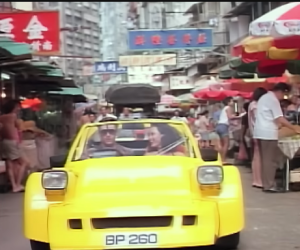
The rare Australian sports car that appeared in a Hong Kong action movie
How did this obscure Aussie sports car come to star in an Hong Kong action movie?
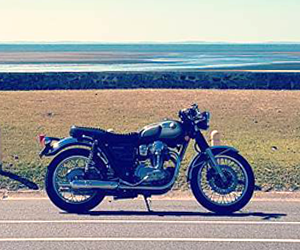
10 years of Kawasaki W800 ownership - an honest review
An honest review of owning a classically-styled Kawasaki W800 motorcycle for the last 10 years
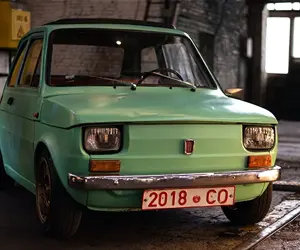
10 more classic cars you can buy nearly new today
10 MORE classic cars that had insanely long production runs that you can buy new or nearly new today.
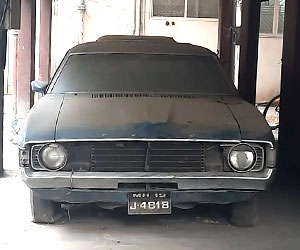
Mystery XA Ford Falcon turns up in India
How did a 50 year old Australian family wagon end up in India?
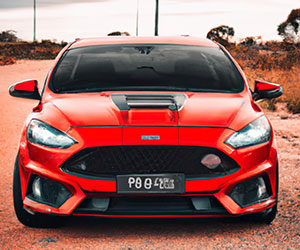
Using AI to imagine Australian made cars in 2022.
What would Australian made cars look like in 2022 if the Holden and Ford were still around?
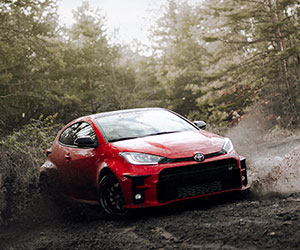
How many different models does Toyota sell?
If I were to walk into any Toyota dealership anywhere in the world what could I buy?
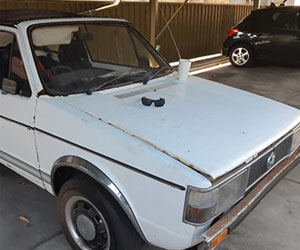
Check out this unique Australian made Mk1 Cabriolet
Looking for a Mk1 Golf project that is both unique and historical? This could be the car for you.
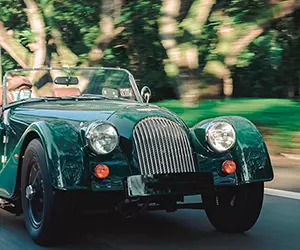
10 classic cars you can buy (nearly) new today
So you want a classic car without the hassle of dealing with 30-plus odd years of issues? Here's 10 "classic" cars you can buy in near new condition today.
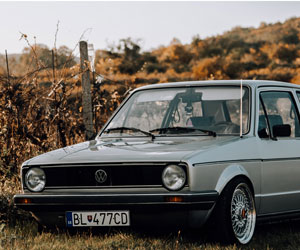
Are Mk1 Golfs reliable?
Is a VW Mk1 Golf a reliable car? Can you daily drive it and what are common issues you might encounter?
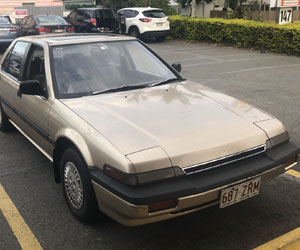
Review: Living with a 1980's Honda Accord
How easy is it to daily drive a 30+ year old Honda? Does Honda's famous reliability live up? Review of a 1988 Honda Accord